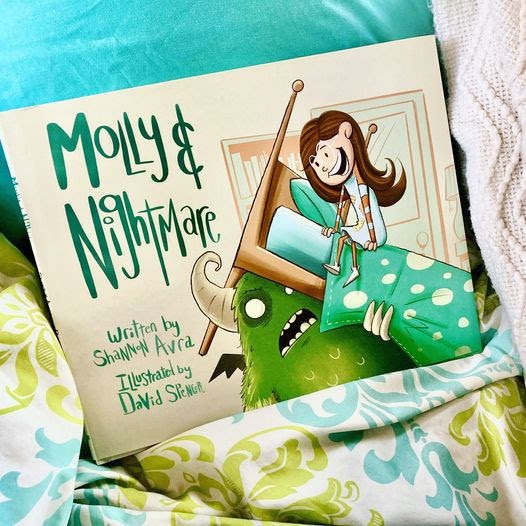Some good news: Maya Angelou’s 1969 memoir I Know Why The Caged Bird Sings, a recounting of her first 17 years, including a rape at the age of 7 or 8 by her mother’s boyfriend, and her subsequent emotional trauma, no longer leads the American Library Association’s Office for Intellectual Freedom’s list of banned and challenged books.
The bad news: there will always be titles assigned to high schoolers that vividly depict young people’s actual experience, that parents and community groups will target on similar grounds.
New African listed some of the verbatim objections that have been leveled against I Know Why the Caged Bird Sings – that it encouraged “profanity”, was filled with “descriptions of drug abuse, sexually explicit conduct and torture”, preached “bitterness and hatred against whites”, was “likely to corrupt minors” and contained “inappropriately explicit sexual scenes.”
Angelou, who accused the book’s detractors of not reading more than two words of it, bridled that anyone would “act as if their children are not faced with the same threats.”
Mollie Godfrey’s TED-Ed lesson, animated by Laura White. above, points out how radical Angelou’s I Know Why The Caged Bird Sings was for a work of its time:
Her autobiography was one of the first to speak openly about child sexual abuse and especially groundbreaking to do so from the perspective of the abused child. For centuries Black women writers have been limited by stereotypes characterizing them as hypersexual. Afraid of reinforcing these stereotypes, few were willing to write about their sexuality at all but Angelou refused to be constrained. She publicly explored her most personal experience without apology or shame.
Robert P. Doyle, vice-president of the Freedom to Read Foundation, revealed that the ALA was inspired to launch Banned Books Week in 1982, when the American Booksellers Association displayed I Know Why the Caged Bird Sings and other works in a cage outside the entrance to their annual conference:
The display generated a lot of press attention. And the book community realized that we have not only an opportunity, but a responsibility to engage the American public in a conversation about the First Amendment as it relates to books and literature. A coalition was formed immediately with the authors, publishers, and major distribution centers (bookstores and libraries) in the U.S. to draw attention to the importance of the freedom to read, to publicize threats to that freedom, and to provide information to combat the lack of awareness.
Many of the book’s high profile defenders discovered it at a formative age, including rapper Common, who decided to become a writer after encountering it as a 5th grader, and Oprah Winfrey, who was blown away to learn that another young Black girl had also endured sexual abuse:
I read those words and thought, “Somebody knows who I am.”
No less moving is a comment on Godfrey’s TED-Ed lesson left by a teacher in Texas:
Caged Bird helped saved my life. Thankful for the day my 11th grade English teacher at a conservative Christian school handed it to me and said, “read this, sweet pea”…I still encourage my students at a conservative Christian school in TX to read it.”
“I am glad you got the help you needed,” another viewer responded. “I live in Florida, and that teacher who helped you would be charged with a felony here. I’m dead serious.”
Listen to Maya Angelou discuss I Know Why the Caged Bird Sings in this 1970 interview with Studs Terkel.
Related Content
The Brooklyn Public Library Gives Every Teenager in the U.S. Free Access to Censored Books
Texas School Board Bans Illustrated Edition of The Diary of Anne Frank
The 850 Books a Texas Lawmaker Wants to Ban Because They Could Make Students Feel Uncomfortable
Umberto Eco Makes a List of the 14 Common Features of Fascism
– Ayun Halliday is the Chief Primatologist of the East Village Inky zine and author, most recently, of Creative, Not Famous: The Small Potato Manifesto and Creative, Not Famous Activity Book. Follow her @AyunHalliday.


